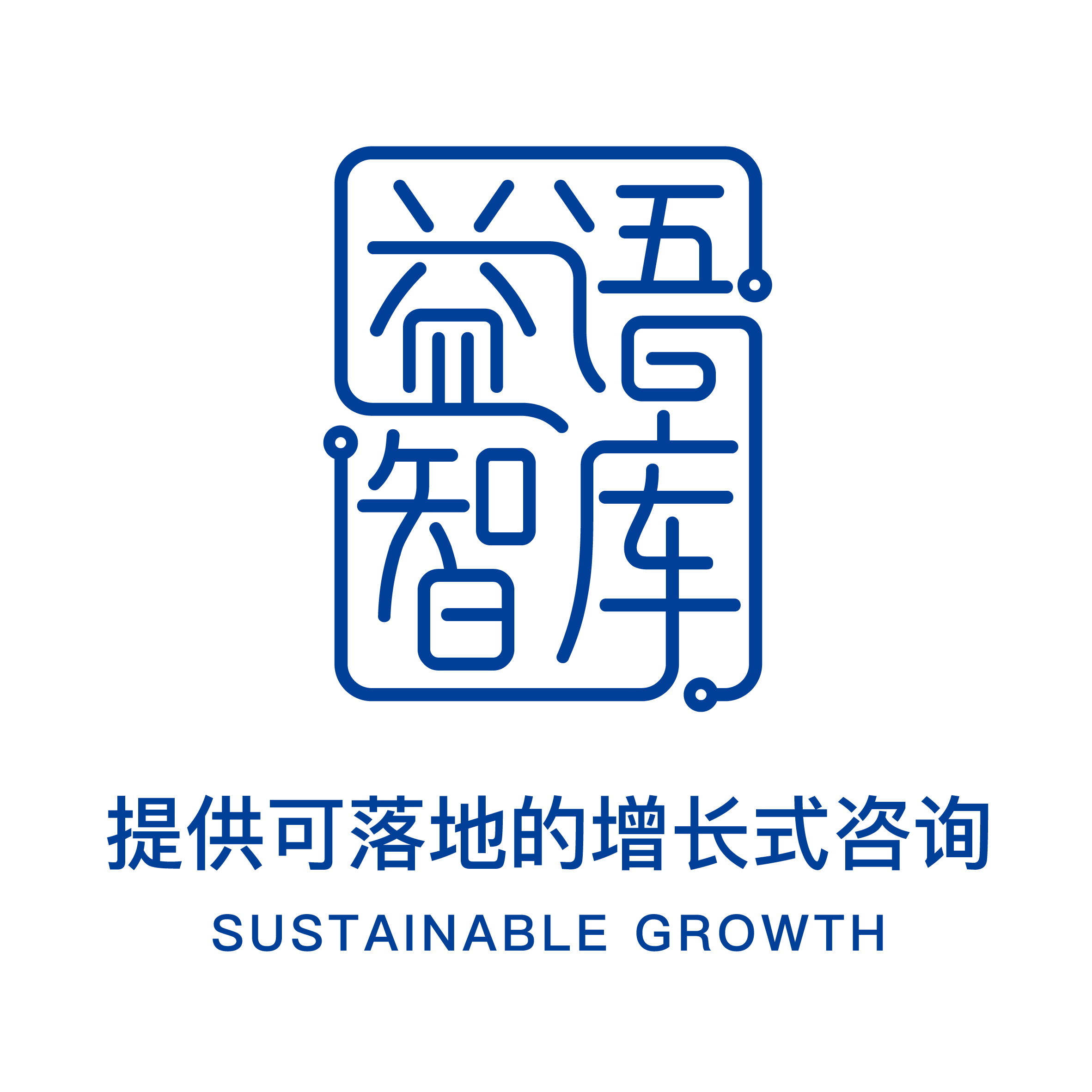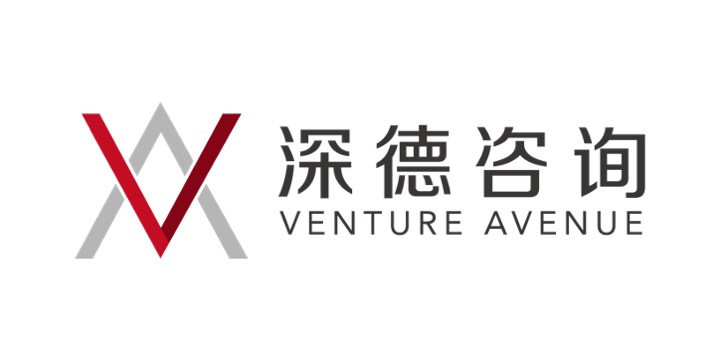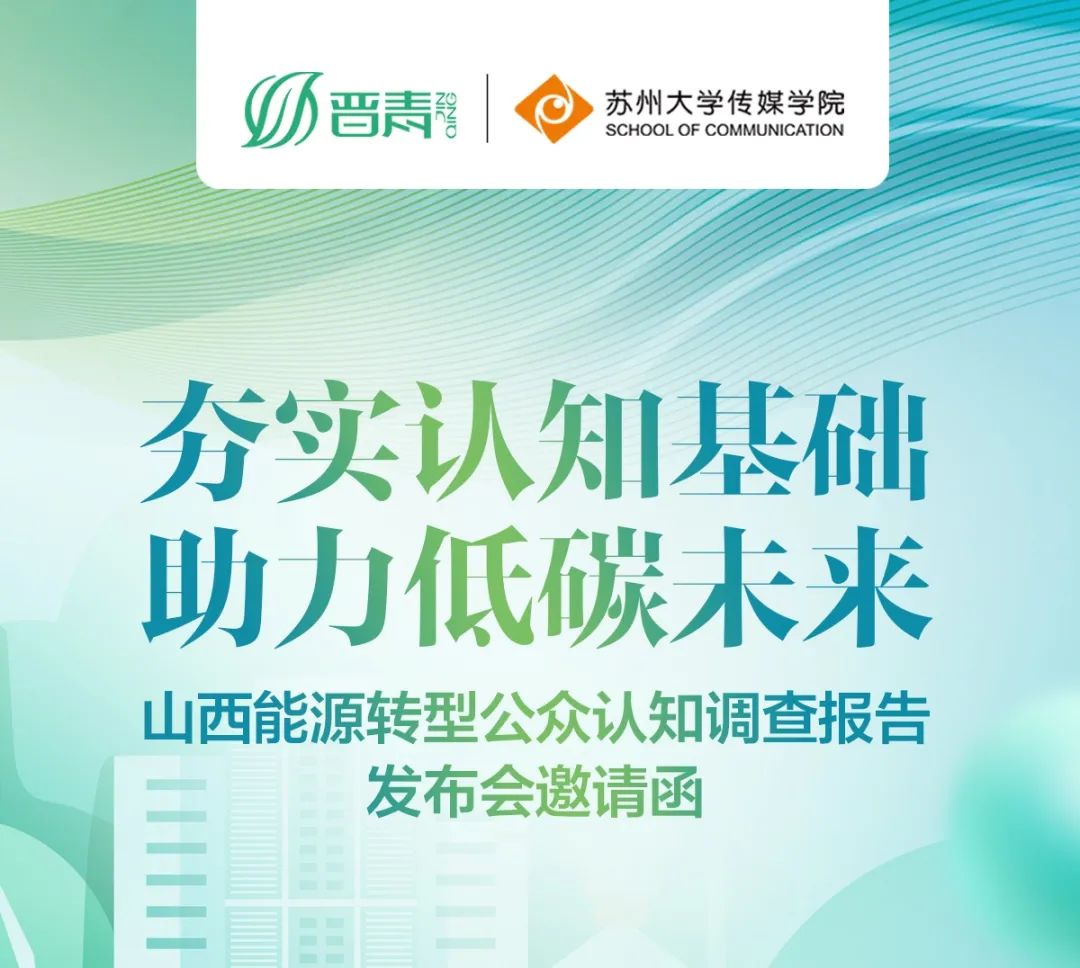 2021-06-08
2021-06-08
 277
277
TERMS OF REFERENCE
1. General information
1.1 About Handicap International
Handicap International, also known globally and Humanity & Inclusion, is an international non-government organization working to support the empowerment and inclusion of persons with disabilities in society. HI is an independent and impartial aid organization working in situations of poverty and exclusion, conflict, and disaster. We work alongside people with disabilities and vulnerable populations, taking action and bearing witness in order to respond to their essential needs, improve their living conditions and promote respect for their dignity and fundamental rights.
1.2. Context and Background of the Evaluation
In its concluding observations on the initial CRPD report submitted by the People’s Republic of China in 2012, the Committee on the Rights of Persons with Disabilities stated “The Committee is concerned that organizations of persons with disabilities outside of the China Disabled Persons’ Federation are not included in the implementation of the Convention.”
The disability movement in China is not well structured; opportunities for sharing lessons learned and coordination of advocacy initiatives are limited. Moreover, CSOs focused on disability inclusion lack sufficient funding and technical capacities to fully achieve their mandates. The specific challenges include limited institutional management skills and an inability to define clear policies and procedures in relation to administration, financial management and human resource management, and limited operational skills in relation to project cycle management. These weaknesses contribute to challenges to achieve organizational registration, access to funding and resources and mobilize support from their communities.
2. Evaluation context
2.1 Presentation of the project to be evaluated
|
Project title |
“Promoting Inclusion by strengthening CSO contribution to CRPD and SDG implementation and monitoring in China” |
|
Duration |
01 November 2019 – 31 October 2022 |
|
Location |
China, Multiple Provinces |
|
Operational partners |
The National Association of Parents Organizations (NAPO) The Beijing PEER Social Work Development Center (PEER) |
|
Project budget |
1,300,000EURO |
|
Project objectives |
Overall Objective: Chinese CSO have improved capacities to meaningfully contribute to governance and development processes in China. Specific Objective: Targeted CSOs have improved capacities to meaningfully contribute to inclusive policy development that is consistent with CRPD and SDG goals in China |
|
Target Groups |
2 national CSOs (6 people) will develop norms for management and capacity building of their networks as well as improved capacity for national policy dialogue. 4 regional CSOs (8 people) will improve skills in mentoring provincial and district level CSOs in their surrounding regions. 40 provincial/district CSOs (120 people) will have an increased ability to support disability inclusive service delivery in their communities as a result of improved management capacities and improved dialogue with local authorities and mainstream service providers. National and provincial authorities of the China Disabled People’s Federation and leaders of other national disabled people’s organizations (20 people) will have an improved capacity to act as advocates for disability inclusion. |
|
Expected results |
Expected Result One: 4 regional CSOs and 40 provincial/district CSOs improve their organizational management capacities. Expected Result Two: 40 CSOs improve capacities to meaningfully promote inclusive local governance and service delivery Expected Result Three: 40 CSOs improve capacities to support the development of disability inclusive services in their communities Expected Result Four: CSOs improve capacities to contribute to public policy dialogue concerning inclusive service delivery at provincial level |
In 2019, HI launched the “Promoting Inclusion by strengthening CSO contribution to CRPD and SDG implementation and monitoring in China” project. With funding from the European Union for the period 01 November 2019 – 31 October 2022, the project is implemented in partnership with two national civil society organizations.
1) NAPO is a national level network initiated by 17 parents’ organizations for persons with intellectual and developmental disabilities (IDD). It started systematic advocacy work in 2015, and in April 2017 registered as a non-profit organization called Beijing Ronghe Lianhui Support Center for Persons with Intellectual and Developmental Disabilities authorized by Beijing Civil Affairs Bureau as a regular operations entity. NAPO acts as a platform for capacity building parents’ organizations, enabling information and experience sharing and implementing a united campaign on policy advocacy and awareness-raising to the general public. NAPO currently supports more than 150 parents’ organizations nationwide.
2) PEER was officially registered as a municipal social organization on November 27, 2017 in the Beijing Municipal Civil Affairs Bureau. Since 2012, PEER has maintained disability research, policy advocacy, inclusive employment and psycho-social support for women and girls with disabilities as their core areas of intervention. PEER has provided professional support for the sustainable development of more than 100 CSOs, participated in and influenced the establishment of 5 national disability related legislation, and written more than 10 industry support manuals and research reports.
PEER and NAPO have each supported the growth of a national network of disability CSOs. Each of the project’s implementing partners currently supports networks of over one hundred disability CSOs, which extend throughout all provinces in the country. To maintain these networks, ensure their quality and promote continued growth, the project’s implementing partners have defined a strategy of establishing “regional hub” organizations to act as mentors to newly emerging CSOs within their respective regions.
The project is designed to support piloting of this strategy by investing on the development and mobilization of 4 regional hub organizations to strengthen the organizational capacities of 40 disability focused CSOs in 14 provinces. With oversight of HI, NAPO and PEER, 4 regional hub CSOs are in process of guiding 40 local CSOs in organizational self-assessment processes and definition of tailored capacity development action plans. Implementation of action plans relies on mentoring/coaching by regional hub coaches to support development of internal policies or procedural manuals related to human resource management, financial management, gender and ethnicity non-discrimination, child protection, sexual exploitation and abuse, and environmental impact mitigation. HI, NAPO and PEER project staff at national level provide continuous support to regional hub coaches and, when necessary, are mobilized from national level to directly support provincial/district CSOs alongside regional hub coaches.
2.2 Reasons for the evaluation
A mid-term evaluation is mandated by the project’s primary donor (the European Union) as well as by HI’s internal policies on project planning, monitoring and evaluation (PME). At this stage of project implementation, capacity building of regional hub organizations has included the following activities:
- Use of organizational capacity self-assessment tools have supported regional hubs to define organizational capacity development action plans
- Small grants for regional hubs have allowed them to invest on the implementation of their organizational capacity development action plans
- Training of trainer workshops have prepared regional hubs to provide training, coaching, and mentoring to local CSOs in areas of Governance, Executive Leadership, Strategic planning, Project Management, Human Resource Management, and Finance Management.
- Small grants for regional hubs have allowed them to initiate training, coaching, and mentoring to targeted local CSOs.
3. Evaluation objectives
3.1 Overall objectives and expectations for the evaluation
The objective of the evaluation is to provide an objective assessment of the project’s strategy for the organizational capacity development of regional and local CSOs, including recommendations for the improvement of the delivery of this strategy and related activities. The evaluation will specifically examine the actions carried out for the achievement of expected results one and three of the project, which has been the focus of the first 18 months of the project implementation period. The evaluation report will be utilized to support lessons learning, modification, replication and potential scale-up of the project’s key interventions.
3.2 Evaluation criteria and questions
The evaluation should examine, at a minimum, the following key questions related to the actions which have been implemented in the first 18 months of the project duration.
|
Activity |
Related Questions |
|
Organizational capacity self-assessment |
· Is the self-assessment tool relevant to the organizational situation of the targeted regional hub CSOs and local CSOs? · Did the self-assessment process support regional hubs and local CSOs to identify capacity development needs and priorities? · Did the self-assessment process promote reflection on how the organization prioritizes inclusion of vulnerable groups including children, the elderly, women & girls, and people with various types of disabilities? · Have there been important lessons learned about how to effectively carry out the self-assessment process? · Have there been good practices that led to a more successful or impactful use of the organizational capacity self-assessment tool?
|
|
Provision of small grants for regional hub organizations |
· Were the small grant guidelines, application forms, review process, and contract signing process clearly presented to regional hub leaders? · Were the financial management procedures and regulations clearly presented to the regional hub leaders? · What challenges did regional hub leaders face in the financial management and financial reporting of small grant funds? · Have there been important lessons learned about how to effectively carry out the sub-granting process? Have there been good practices that led to a more effective sub-granting process?
|
|
Training of trainers for regional hub CSO staff |
· Are the contents of the training modules relevant to the organizational capacity development needs of local CSOs? · Has sufficient training and support been provided to regional hubs to support them to fully carry out their role of training, coaching, and mentoring local CSOs? · Have regional hubs participated in the further development of training modules and resources (i.e. providing feedback, developing presentations or handout materials, etc.)? · Did local CSOs appreciate the quality of the training, coaching and mentoring provided by regional hub CSOs until this moment of the project? · Have there been important lessons learned related to preparation of regional hub leaders to become effective trainers, coaches, and mentors to local CSOs? · Have there been good practices that contributed to building the capacity of regional hub coaches?
|
|
Regional hub delivery of training, coaching, and mentoring for local CSOs |
· Do regional hubs have the time, financial, and technical resources required to carry out their role as trainers, coaches, and mentors to local CSOs? · Has the development of e-learning modules supported capacity development of local CSOs? How could they be improved or more effectively utilized? · Has the support provided by regional hubs been relevant to the capacity development needs of local CSOs? Consider use of the organizational capacity assessment tool as well as any training, coaching, and/or mentoring provided by regional hubs. · Has communication between regional hubs and local CSOs been efficient and satisfactory for both sides? If not, what were the main challenges or obstacles and could it be addressed in the future? · Have there been important lessons learned by regional hubs and/or local CSOs related to the development of the coaching / mentoring relationship? · Have there been good practices that contributed to the development of the coaching / mentoring relationship?
|
|
Coordination meetings of local CSOs |
· Have the agenda and discussions of coordination meetings supported the capacity building process? · What topics or agenda items would regional and local CSOs like to see included in future coordination meetings? · Have there been any lessons learned for the effective and efficient organization of coordination meetings? · Have there been any good practices for effective and efficient organization of coordination meetings?
|
In addition to the above technical assessment of the project’s detailed activity implementation to date, the evaluation should also include an overall assessment of the below cross-cutting elements:
|
Issue |
Related Questions |
|
Partnership, Communication, Coordination, Management |
How is the overall relationship between HI and two national partner organizations? Do partners’ feel respected in the planning of activities? Do partners’ feel adequately supported financially and technically in the implementation of activities? Is the partnership contract, including provision of financial support and financial / narrative reporting, professionally managed?
|
|
Disability, Gender, Age (DGA) Inclusion |
Do the key activities of the project sufficiently include consideration of vulnerability and intersectionality? Do project management meetings include discussion about ensuring inclusion of vulnerable groups? Do the projects technical resources sufficiently consider disability, gender, and age within their contents as well as in their presentation to communities (i.e. their availability and accessibility)? Have HI’s policies related to disability, gender, and age; child protection: safeguarding been promoted within the project? Are the key principles of these policies being introduced, explained, and accepted by national partners, regional hubs and local CSOs?
|
|
Sustainability |
What are the partners’ overall commitment to the continuation and scale-up of the project? Do the project partners’ have a plan for the use of the project’s intervention strategy beyond the life of the current project duration and/or in other geographic regions of the country? Do the project partners’ have a plan for the financial sustainability of the project? What barriers may limit the sustainability of the action in the current geographic areas? What barriers may prevent the scale-up of the intervention to new geographic areas?
|
4. Evaluation methodology
4.1 Collection method
The method of data collection will be determined by the evaluator. However, a mixed method approach is highly recommended to complete a comprehensive assessment of the project’s evaluation criteria (above). It is recommended that the data collection methodology will include the following:
- Review of the available internal reports of the project
- Individual interviews with senior staff from HI and implementing partners
- Focus group discussions with project target groups and key stakeholders (staff of regional hubs and local CSOs)
This evaluation may be carried out remotely. Applicants outside of China will not be allowed to enter the country for the purpose of this evaluation unless they currently hold a valid visa for entry into the country. HI will support the organization of the meetings and focus group discussions. If needed, HI will provide a qualified translator.
5. Principles and values
The evaluation consultant will commit to full compliance with HI’s ethics, values and policies, which will be shared with the consultant prior to contract validation.
6. Expected deliverables and proposed schedule
6.1 Deliverables
Following initial review of the literature and initial meetings with the project’s senior staff, an inception report will be shared with the HI China Operations Coordinator and Country Manager to provide a clear and detailed outline of the field mission objectives, agenda, and evaluation methodology (including questionnaires).
The consultant will facilitate one ½ day key findings meeting with project staff to present the initial findings of the evaluation and provide an opportunity for discussions related to the project.
The consultant will develop one evaluation report including the following elements:
- Background of the Evaluation
- Objectives of the Evaluation
- Methodology of the Evaluation
- Evaluation Findings
- Recommendations for project enhancement and next steps
6.2 Evaluation date and schedule
The evaluation may be carried out during the months of August, September, and/or October. The below timeframe dates indicate the latest possible acceptable dates for completion of the key steps of the evaluation. The consultant’s proposal should include a work plan that meets each of these key deadlines.
|
Action |
Anticipated Timeframe |
|
Recruitment of the Evaluation Consultant |
Before 15th July 2021 |
|
Consultant Selection and Contract Validation |
Before end of July 2021 |
|
Initial desk review of project documents and remote discussions with HI senior project staff |
Completed before end of August |
|
Submission of inception report and scheduling of field mission |
Completed before end of August |
|
Implementation of data collection |
Completed before end of September |
|
Implementation of ½ day review meeting with HI project team and partners |
Completed before 15th October |
|
Submission of Draft Evaluation Report to HI |
Completed before 15th October |
|
Submission of Final Evaluation Report |
Completed before end of October |
7. Resources
7.1 Expertise required from the consultant(s)
The qualified candidate will have significant experience in project assessment and evaluation. The following qualifications will be considered as highly desirable:
- Sound knowledge and understanding of the UNCRPD, social model of disability and rights-based development approach
- Significant experience in civil society organization strengthening including use of organizational capacity assessment tools, strengthening of social networks, financial sub-granting processes within social networks, etc.
- Experience working on development projects within the context of China will be seen as an added value
- Chinese language fluency will be seen as an added value
7.2 Budget allocated to the evaluation
The maximum budget available for the evaluator’s consultancy fee is 10,000 Euros (inclusive of any daily per-diem required by the consultant). Additional costs which will be covered directly by the project will include the following:
- Domestic flight tickets for consultants who are already in China
- Accommodation during site visits for consultants who are already in China
The consultant’s daily fee, per-diem, and any other required materials will be covered by the consultant via the consultancy fee.
7.3 Resources available to the evaluation team (data, document, etc.)
Prior to the consultancy, HI will provide the consultant with all requested project documents and data (as available).
8. Submission of bids
Qualified and interested applicants should submit the follow to HI.
- CV of the Consultant and any team members
- One Cover Letter
- One Proposal including the following components:
• Background and Experience of the Consultant
• Proposed Methodological Approach
• Proposed Budget Plan
• Proposed Work Plan (including specific dates)
The deadline for submission of applications is the 30th June 2021.
Applications can be submitted only by email to the following address: j.liu@hi.org
9. Annexes
HI’s Program Quality Framework has defined specific criteria for evaluating project quality. The below framework includes a list of HI’s quality framework criteria and examples of questions that can be used by the evaluation consultant to ensure that the project evaluation is aligned with HI’s internal quality criteria and standards.
|
Framework criterion |
Examples of questions |
|
Relevance |
- To what extent has the project met the needs of its direst beneficiaries? - Are all the project’s activities a clear part of HI’s mandate? - Has the project sufficiently adapted its actions to the context of the country? |
|
Changes |
- Has the project produced any significant positive changes in the life of the beneficiaries and are these changes sustainable? - Did the project sufficiently take into account and/or avoid generating negative effects (environment, economy, security, etc.) ? |
|
Capacities |
- How has the project strengthened the capacities of local actors and increased their autonomy? - Were the necessary skills developed to ensure the successful completion of this project? - Were internal/external learning dynamics a significant enough aspect of this project? |
|
Sustainability |
- Are the actions implemented during this project effectively sustainable? - Has the project invested the means necessary for ensuring the continuity of activities after the project’s closure? - Has the project significantly reduced the vulnerability of all the beneficiaries? |
|
Management |
- Did the project put in place suitable management conditions to ensure the intervention was implemented correctly? - Was the project’s internal and external communication adequate and adapted to the different targets? |
|
Efficiency |
- Did the intervention method used enable results to be achieved in a cost-efficient manner? - To what extent did the project team optimise resources? |
|
Accountability |
- Has the project given account of its actions to all the stakeholders in an impartial, equitable and accessible manner? - Has the project complied meticulously with international humanitarian law and the national laws of the county concerned? |
|
Participation |
- To what extent did the project employ mechanisms for ensuring the involvement of beneficiaries? - Were these mechanisms gender-, age- and disability-sensitive? |
|
Cooperation |
- Did partners contribute sufficiently and optimally to the outcomes of the project? - Were partners kept sufficiently up-to-date with the progress being made on the project? Did they take part in the different phases of the project cycle? |
|
Synergies |
- Was the project suitably integrated into any other interventions underway in the area of intervention? - Did the project systematically seek to collaborate with all the actors in the area of intervention? |
|
Ethics |
- Was the project inclusive and adapted to the needs of all the beneficiaries whatever their gender, age or disability? - To what extent was the principle of “Do no harm” respected in the project’s implementation? |
The Terms of Reference is also available at:
 表情
表情
 最热
最热



























